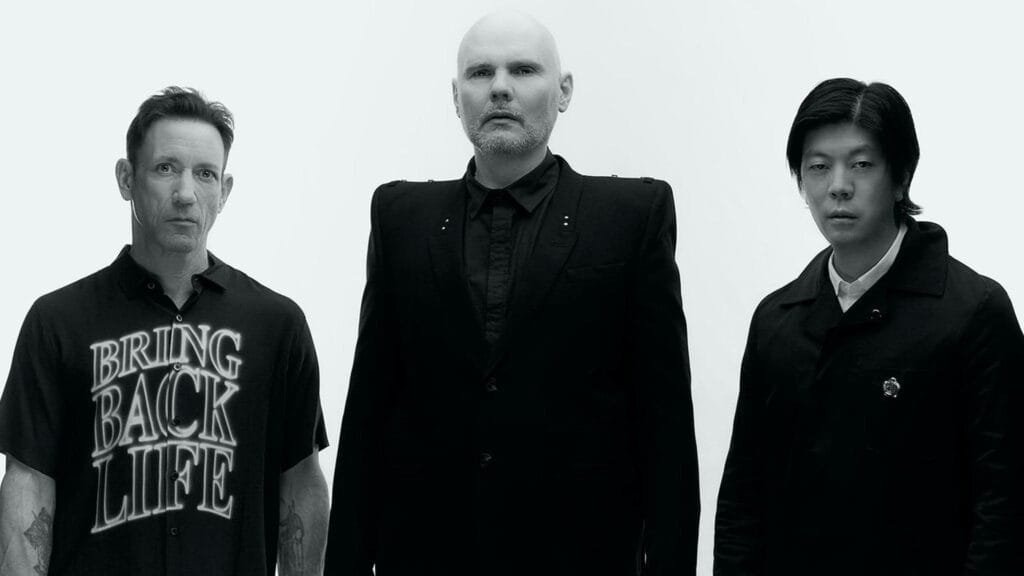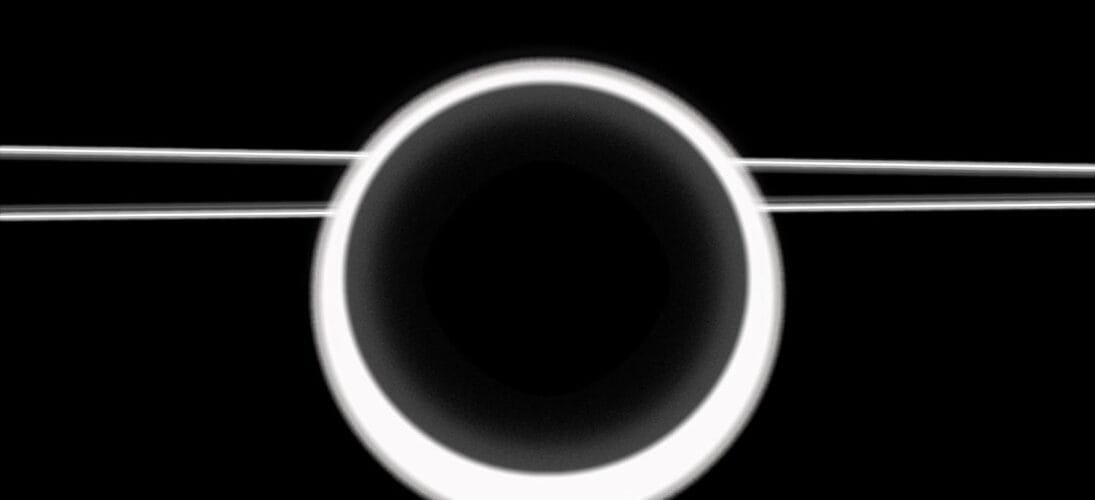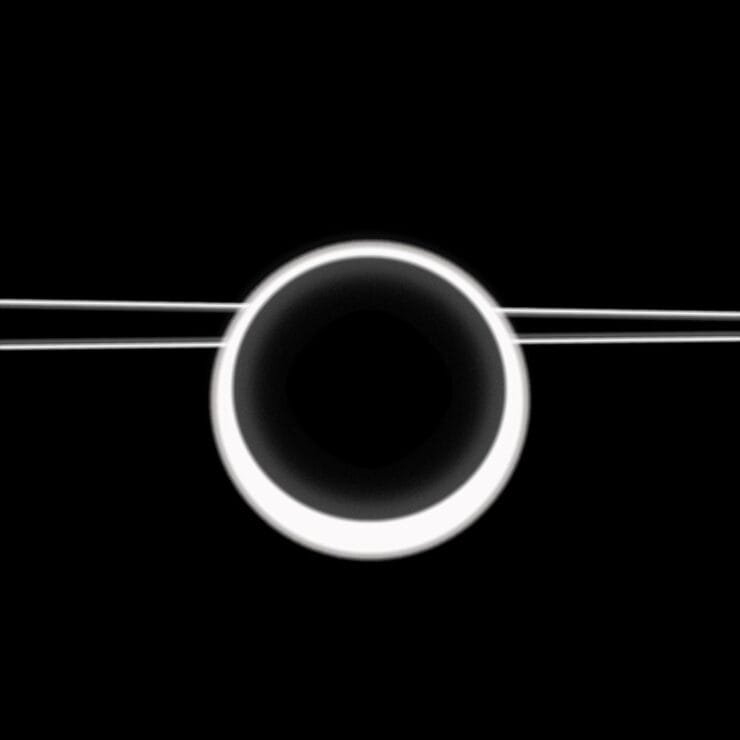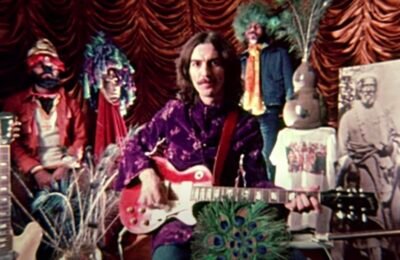Billy Corgan (and by extension, the Smashing Pumpkins) has never been content to rest on his laurels. For better or for worse, the band has constantly striven to evolve, with each successive album embracing a unique style and identity. Corgan is to be commended for taking such creative risks, charting his own course rather than trying to recapture past glories. But more often than not, this commitment to never repeating himself has left his fans as much bewildered as entertained, with each new album earning as many detractors as defenders.
Aghori Mhori Mei then is a surprise on multiple levels. Firstly, in a quite literal sense, as it appeared seemingly out of nowhere. After the exhaustive multi-year, multi-media rollout of their previous album, Atum, this latest record was announced and released in the space of a month, with little fanfare or promotion. Even more surprising though, is how it feels like a band that is consciously trying to evoke the past. The heavy use of synthesizers that has dominated their work for the past decade has been pared back to a minimum, and chugging guitar riffs take centre stage once again. It would be a stretch to call Aghori Mhori Mei an exercise in nostalgia, but as the band continues to push their sound forward, for the first time it sounds like they may have one eye on the past as well.

The Songs
Opening track “Edin” is a statement of intent, all fuzz guitars and rolling drum fills, with a mid-song breakdown that is reminiscent of something from their psychedelic debut album. And if time has robbed Corgan’s voice of some of its power, he can still unleash his signature snarl to great effect during the song’s chorus. It is a suitably strong opener, one of the most immediate and catchy rockers that the band has produced in years, and sets the tone for what’s to come. This is undoubtedly the band’s heaviest album since their 2007 comeback Zeitgeist.
“Pentagrams” and “Sighommi” keep up the tempo, and even if they don’t quite capture the energy of that first track, it is fun to hear the band fully embracig their classic rock influences. Jimmy Chamberlin in particular gets to let loose on these heavier tracks, pummelling his drum kit while with the vigour of a man half his age, while that ever-present hi-hat keeps the beat. Things get even more intense towards the back half of the album, with “999” providing a moody slow burn that builds to a thunderous climax. This, along with penultimate track “Sicarus”, is possibly the most overtly heavy metal the band has ever been. The band also gets to demonstrate its more modern influenes on the very Muse-like “War Dreams of Itself”.
There are some lighter moments dotted through to break up the overdriven guitar onslaught. While the syntheizers have largely taken a back seat on this album, they are used to good effect on some of the more contemplative tracks. “Pentecost” is a dreamy ballad that brings to mind the likes of “Disarm” or “Tonight Tonight” from days gone past, with its synth strings and gentle guitar strummings. “Who Goes There” is another synth heavy track, but with James Iha’s ethereal guitar flourishes, it sounds more like a Machina outtake than anything the band has produced in recent years. And I mean that in the best way possible.
The Verdict
For the old school Smashing Pumpkins fans, Aghori Mhori Mei will feel like a breath a fresh air. While their recent forays into electro-pop and synth rock undoubtedly have their moments, this album is the return to form that many have been waiting for ever since Corgan and Chamberlin reunited nearly 20 years ago. Perhaps it was the recent return of Iha, and the even more recent departure of long-term guitarist Jeff Schroeder, that pushed Corgan to finally reconnect with his past. Whatever the reason, the band has crafted an album that both draws on the familiar while still sounding fresh and forward looking.
There are some criticisms to be had though. It wold have been nice to have a few more acoustic style songs to provide contrast to the heavier material that makes up the bulk of the album. And as has been the case with all of the band’s post-reunion records, Corgan’s vocals sit way too far up front in the mix, throwing off the balance in otherwise excellent compositions. But that shouldn’t take away from the fact that this is the band’s best album since the underrated Oceania. Who knows which direction the band will swerve after this, but for the first time in a long while, I’m excited to find out.


















